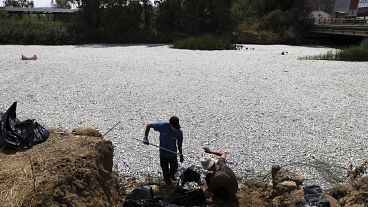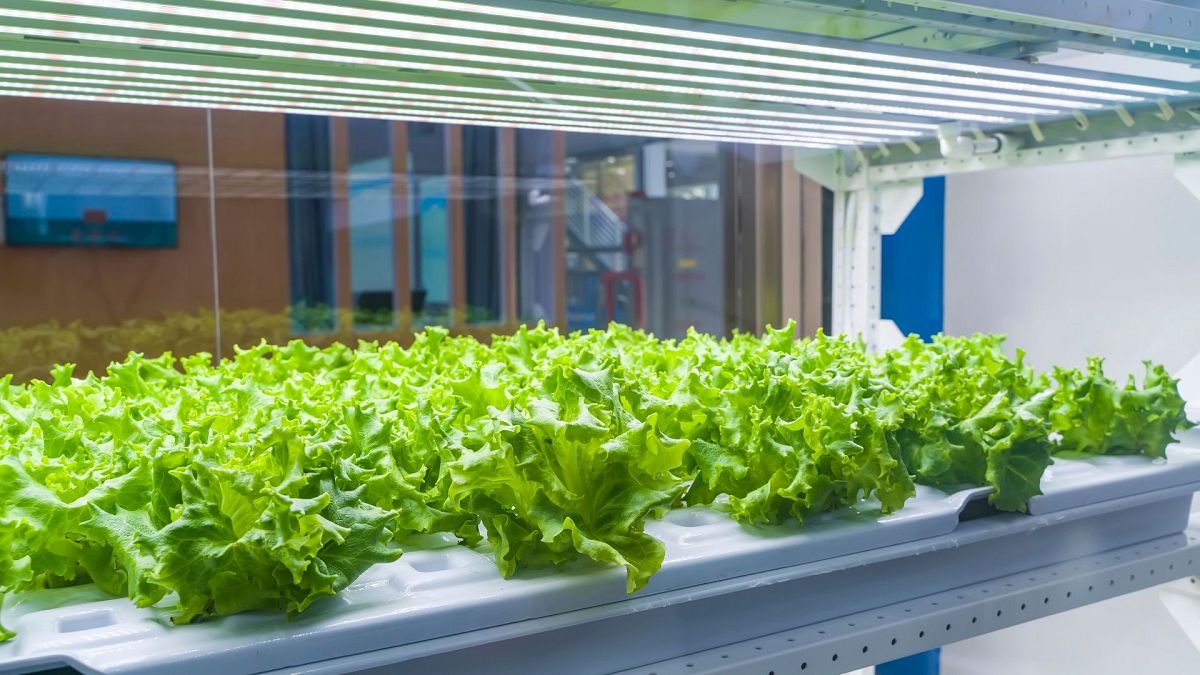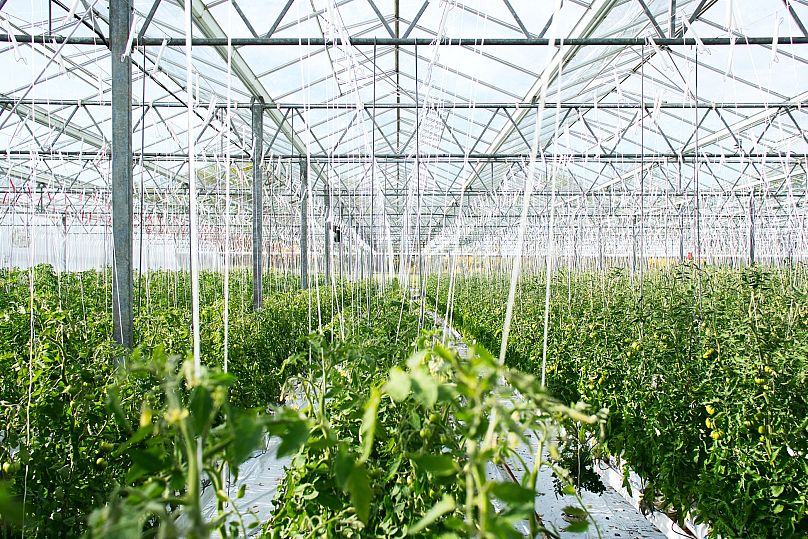Researchers at the University of Birmingham have found that using nanotechnology and AI in agriculture could help solve global food insecurity in a safe and sustainable way.
Research has found that using nanotechnology and artificial intelligence (AI) in agriculture could offer a practical solution to the challenges threatening global food security.
The study, carried out by researchers at the UK’s University of Birmingham, investigates how ‘precision agriculture’ would allow farmers to respond in real time to changes in crop growth using technology.
‘Precision agriculture’ refers to farming methods which measure and respond to variability in crops, allowing management of land with the goal of optimising efficiency and reducing waste.
In this case, AI and nanotechnology could be used to help both crops and soil perform better.
Climate change, increasing populations, competing demands on land for production of biofuels and declining soil quality have all made it more and more difficult to feed global citizens.
Challenges to global food security
The United Nations estimates that 840 million people will be affected by hunger by 2030. In response, researchers have developed a roadmap combining smart agriculture with AI and machine learning that could help to reduce this number.
Almost nine per cent of the planet's population is currently hungry.
“Finding sustainable agricultural solutions to this problem requires us to take bold new approaches and integrate knowledge from diverse fields, such as materials science and informatics,” says study co-author, Iseult Lynch.
"Precision agriculture, using nanotechnology and artificial intelligence, offers exciting opportunities for sustainable food production. We can link existing models for nutrient cycling and crop productivity with nanoinformatics approaches to help both crops and soil perform better -safely, sustainably and responsibly."
The main motivation for innovation in agricultural technology is the current need to feed the increasing global population with a decreasing area of land available for agricultural use, while conserving soil health and protecting environmental quality.
Water also plays a key role in the challenges in agriculture at the moment. Having put millions more people at risk of acute hunger, the COVID-19 pandemic has set the stage for a pivotal year of rethinking the entire system behind food and nutrition. Yet we are off track to meet the goal of ensuring water and sanitation for all by 2030, as set out in UN Sustainable Development Goal 6, with many water sources becoming unreliable, more polluted, or both.
Inefficiency and nitrogen emissions in the agricultural sector
Intensification of agriculture has resulted in extremely poor global nitrogen use efficiency. This refers to how much of the nitrogen used in the farming process is actually absorbed by the plant. Inefficiency poses a serious threat to environmental quality as large amounts of nutrients are lost to water and air, warming the planet, with nearly 11 per cent of global greenhouse gas emissions coming from agriculture.
Emissions of 'laughing gas' nitrous oxide as a result of excessive fertilisation of land, which is 300 times more potent than carbon dioxide in causing global warming, is a particular concern. 70 per cent of the nitrous oxide emissions into air are emitted by the agricultural sector.
Nano fertilisers offer the potential to target crop fertility, enhance nitrogen use efficiency and reduce nitrous oxide emissions, which could help support the net zero greenhouse gas emission by 2050 targets under the UK Climate Change Act.
The researchers found that nanotechnology can enhance agriculture in four key ways: improving production rates and crop yields; boosting soil health and plant resilience; improving the efficiency of resources, such as fertiliser, and reducing pollution; as well as developing smart sensor plants that can alert farmers to environmental stresses.
"Integrating AI and nanotechnology into precision agriculture will play a vital role in probing the design parameters of nanomaterials for use in fertiliser and pesticide delivery to ensure minimal impacts on soil health - helping to ensure safe and sustainable agriculture,” co-author, Peng Zhang, concludes.
















